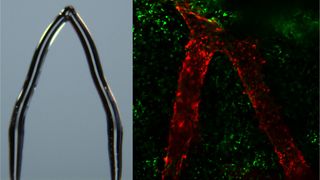Human heart
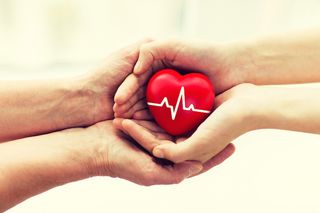
The human heart is a vital organ that pumps blood through the body. You probably don't even think about it, but your heart is always working — it beats about 100,000 times a day, which adds up to about 3 billion beats over an average lifetime. Here's the latest science news about your ticker.
Latest about Heart & Circulation

Heart attacks fell dramatically during the pandemic — and they're still dropping
By Michael Schubert published
Better prevention is driving down heart-attack rates in the U.S., but the sharp drops seen at the height of the pandemic were likely caused by people avoiding medical care.
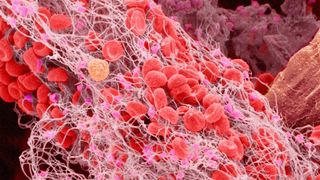
What causes blood clots?
By Michael Schubert published
Blood clots can be dangerous, especially if all or part of them break off and then travel through the bloodstream.
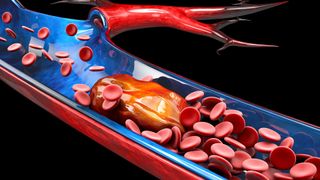
Anxiety and depression raise the risk of dangerous blood clots, study finds
By Michael Schubert published
Recent research has drawn a link between anxiety, depression and an increased risk of deep vein thrombosis.
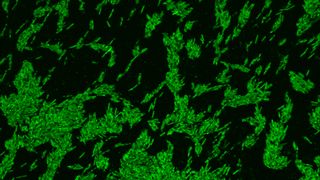
Cholesterol-gobbling gut bacteria could protect against heart disease
By Sneha Khedkar published
Certain microbes in the gut microbiome may guard against heart disease by lowering people's cholesterol.
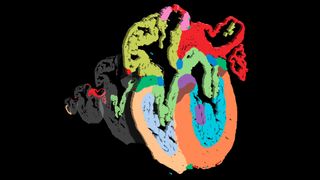
Never-before-seen cells unveiled in detailed map of developing human heart
By Clarissa Brincat published
The most comprehensive cell "atlas" of the developing human heart to date was crafted using cutting-edge technology and includes never-before-seen cell types.

Extreme exercise can pose risks. A cardiologist explains why.
By William Cornwell published
Moderate exercise is good for the heart, but high levels of exercise can cause a phenomenon known as "athletic heart," which comes with risks.
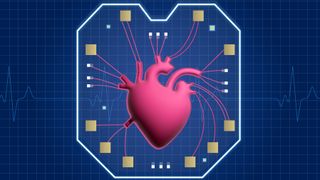
Scientists developing new 'heart-on-a-chip'
By Emily Cooke published
So-called heart-on-a-chip systems may enable scientists to evaluate the safety and efficacy of new drugs more accurately than they can with animal tests.
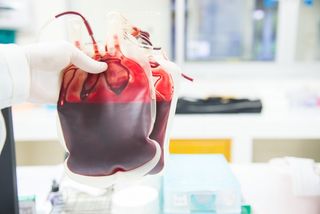
What's the rarest blood type?
By Rachael Rettner last updated
Blood typing is particularly important for blood transfusions.
Sign up for the Live Science daily newsletter now
Get the world’s most fascinating discoveries delivered straight to your inbox.
